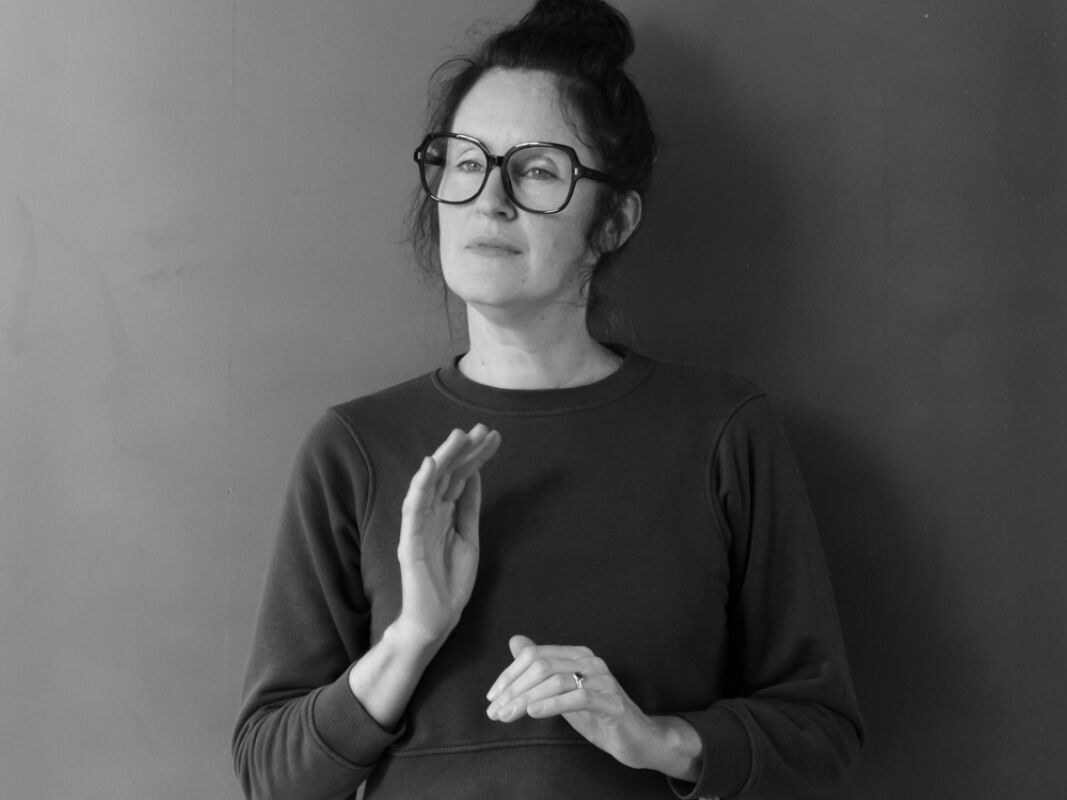Julia Úlehla:
Understories

Thursday, July 3, 2025, 8:15 pm, Festival Boat
Julia Úlehla: vocals
Aram Bajakian: guitar
Josh Zubot: violin
Peggy Lee: cello
Úlehla continues to research the Moravian-Slovak singing tradition of her family as a kind of auto-ethnography. Her musical project Dálava, a continuation of Slovácko’s singing traditions - but also an independent development - grew out of her engagement with the ‘living songs’ researched by her great-grandfather. The result of this emotional and musical process will be released in April 2025 under the name ‘Understories’ as an album on the New York label Pi Recordings - and forms the basis for Úlava’s performance.
Julia Úlehla sees the ensemble’s new compositions as a renewal, a new life, a new phase in her creative journey. It’s no longer about mere reproduction, but about letting go and following the direction that emerges from the music itself. “It feels like a step away from the rationality of academia and research, towards a kind of wisdom that comes from intuition. Perhaps something that feels more feminine,” Úlehla explains. Her identities as an artist, mother, descendant of a long line of traditional singers, and scholar all influence each other – and this dissolution of arbitrary boundaries is one of the driving forces behind the new freedom in her work.
Excerpt from the Monheim Papers, 2025, Aida Baghernejad
All Appearances of Julia Úlehla
The two Signature Artists Brìghde Chaimbeul (Scottish smallpipe) and Julia Úlehla (voice) met for the first time during The Prequel 2024 and discovered the Marienkapelle as a sound venue together. Now they can be experienced there as a duo.
